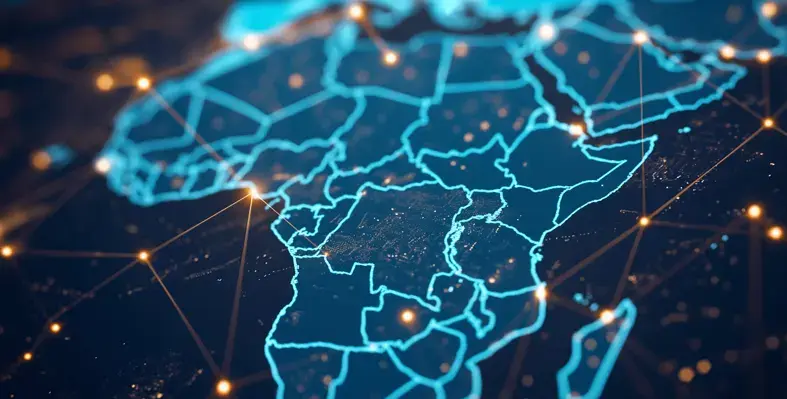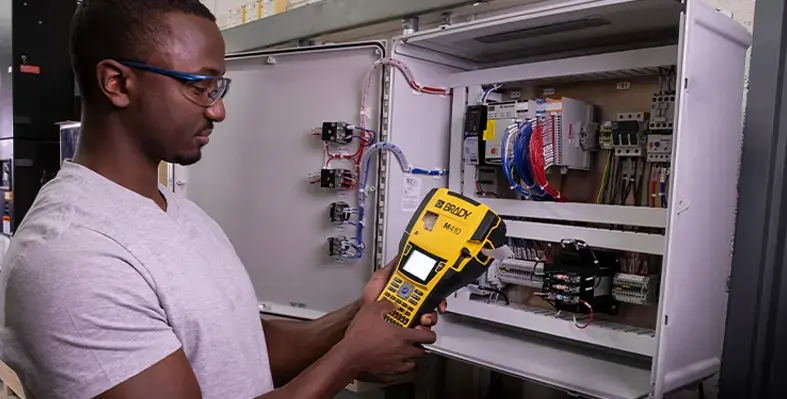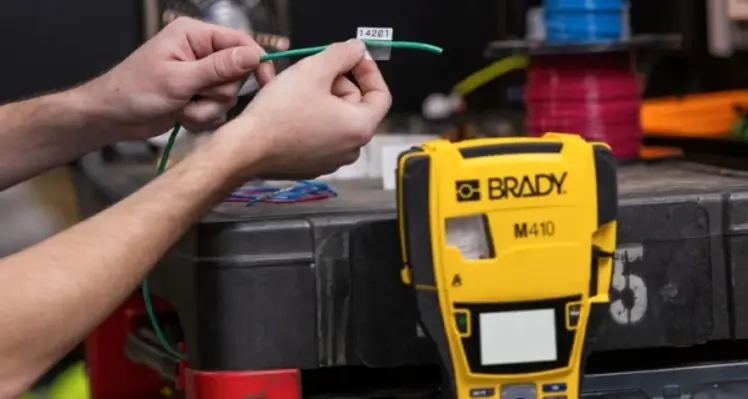
MTN South Africa launches Digital Experience Centre, redefining connectivity with immersive technology and customer-focused experiences. (Image source: Adobe Stock)
MTN South Africa has unveiled its cutting-edge Digital Experience Centre in Johannesburg's Morningside, setting a new standard for retail spaces focused on digital communications and connectivity
This innovative Centre offers an immersive and interactive experience, allowing visitors to explore the future of telecommunications through hands-on engagement with advanced technology.
According to Mmenyana Ranku, general manager of the Branded Retail Channel at MTN South Africa, the Centre addresses the growing need for consumers to understand the full potential of their mobile devices and the technology that powers modern communication. “The MTN Digital Experience Centre embodies our commitment to staying ahead of global trends while meeting the evolving needs of our customers.”
“We believe that to remain relevant, we must continuously adapt and create experiences that reflect how technology is becoming an essential part of everyday life. The Centre redefines the traditional retail model by integrating cutting-edge technology into meaningful, hands-on interactions. Every aspect is designed to inspire exploration, delivering a personalised journey with immersive product demonstrations and tailored recommendations,” Ranku added.
MTN aims to make technology accessible and intuitive, helping customers see how it can enhance their lives. “Aligned with MTN’s vision for the future, the Centre highlights the latest innovations, keeping customers connected to what’s new and relevant. It also tells the story of our partnerships—demonstrating how the products and services we offer empower people and enrich their digital experiences,” remarked Ranku.
Immersive, future-focused experiences
The Centre places heavy emphasis on interactivity, encouraging customers to explore devices and services at their own pace through self-service kiosks. Its experiential areas truly showcase MTN’s technological strengths. The Connected Home Area demonstrates how MTN’s 5G technology can power smart home devices, from security systems to automated lighting and kitchen appliances. The six interconnected zones in this area highlight the seamless integration of various devices, creating an ecosystem designed to enhance everyday living.
Empowering businesses
MTN’s Digital Experience Centre also provides businesses with an overview of services aimed at boosting productivity and connectivity:
- Unified Communications and Collaboration (UCC): MTN’s UCC suite supports advanced voice, video conferencing, messaging, file sharing, and collaboration tools across platforms and devices.
- Cloud Services: From hosting applications to offering cloud backup and recovery, MTN’s cloud solutions safeguard business data and ensure continuity in case of cyber threats or disruptions.
- Internet of Things (IoT): MTN’s IoT services allow businesses to monitor and manage IoT devices in real-time, enhancing operational efficiency.
- MTN Private Networks: Businesses benefit from secure, dedicated networks that ensure better performance and reliability.
- Managed Security Services: MTN’s Managed Security suite offers businesses protection against cyber threats, with advanced monitoring and real-time defense.
Showcasing cutting-edge devices and gaming
The Handset Manufacturers Walk features store-in-store displays from top brands such as Apple, OPPO, Vivo, Samsung, Xiaomi, Huawei, and Honor, each offering pre- and post-sales support. Visitors can experience MTN’s network capabilities through PS5 gaming stations in the Gaming Area, playing popular games like Fortnite and FIFA. Through a partnership with Mettlestate, MTN hosts regular gaming tournaments where customers can compete for prizes.
The Centre also includes a Talk Studio for small events, featuring an intelligent screen that displays AI-generated content. This space gives visitors a glimpse into the future of AI in communications. Additionally, a high-tech boardroom is available for client meetings, providing an opportunity to explore MTN’s featured services and solutions.
“The MTN Experience Centre is more than just a store—it’s a celebration of mobile technology and a window into the future of connectivity,” concludes Ranku. “It embodies our commitment to pushing boundaries and offering customers an unmatched experience where technology truly comes to life.”



























